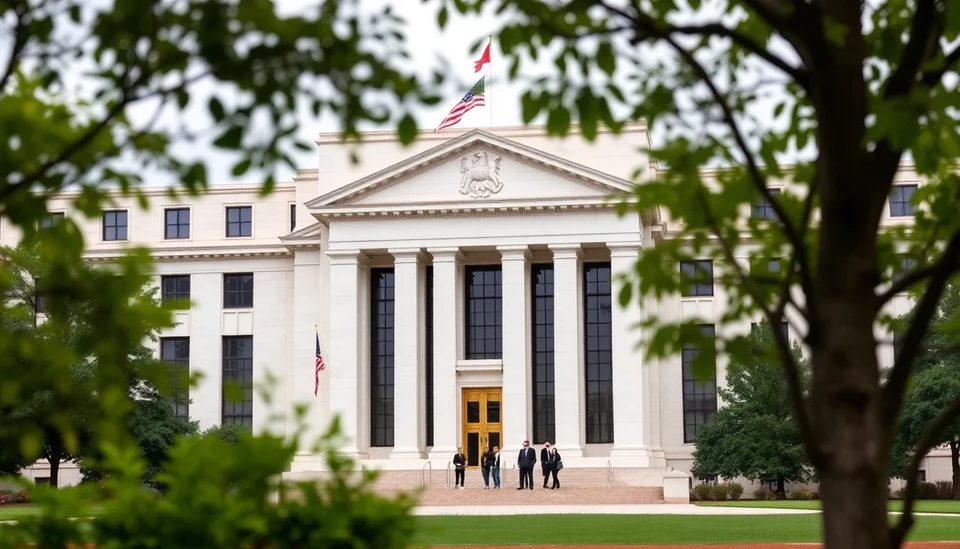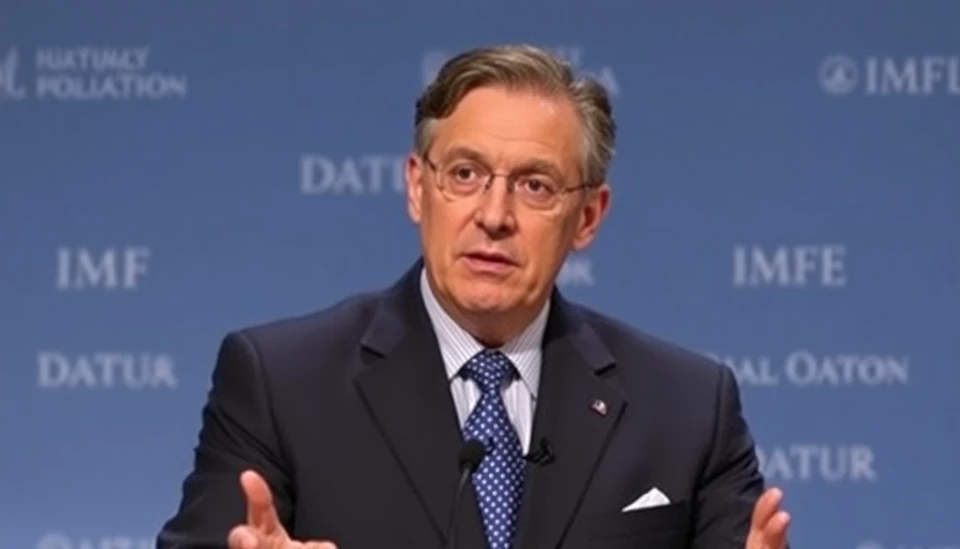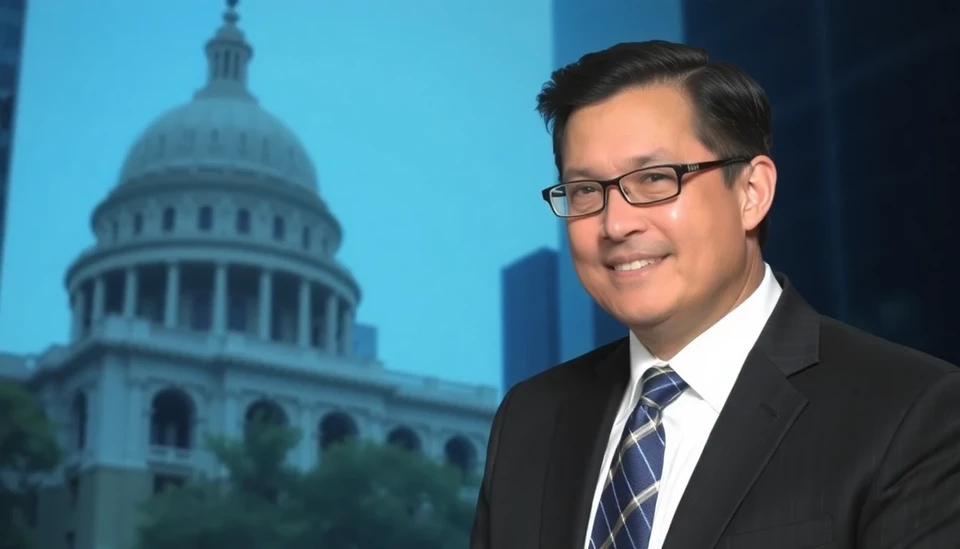
In the ever-evolving landscape of global business, the role of the Chief Financial Officer (CFO) is undergoing significant transformation. Recent analysis reveals that escalating geopolitical tensions, alongside the introduction of tariffs, have drastically altered the requirements and expectations for financial leaders in corporations. As companies brace themselves for the challenges posed by these uncertainties, the demand for seasoned CFOs is soaring.
The ongoing trade disputes and the unpredictability associated with various international relations have created a complex environment for businesses. Companies are finding themselves navigating not just the intricacies of their financial data but also the broader implications of geopolitical developments. This has led to a realization that CFOs are now required to possess a more robust understanding of the global landscape, enabling them to make informed decisions that can safeguard their organizations against potential disruptions.
Industry experts indicate that CFOs are increasingly seen as critical players in strategic planning, with their expertise extending beyond traditional financial management. The ability to analyze how tariffs influence operational costs, pricing strategies, and supply chain logistics is paramount. These responsibilities have pressed for a demographic shift towards those with not only financial acumen but also the foresight to predict and adapt to geopolitical changes.
Hiring trends reflect this new reality. Organizations are pivoting towards candidates with extensive experience in navigating complex regulatory environments and international markets. Companies are increasingly prioritizing candidates with backgrounds in risk management and strategic forecasting, aiming to ensure they are adequately prepared for any eventuality the geopolitical climate may present.
Moreover, a notable observation in the labor market is that CFOs who possess a global mindset and experience in dealing with international stakeholders are viewed favorably. As businesses expand their reach and complexity, the value of having a CFO who understands the intricacies of varying tax structures, foreign regulations, and currency fluctuations cannot be overstated.
In this context, CFOs are not only acting as financial stewards but also as strategic advisors. Their insights will be essential in helping companies mitigate risks associated with international trade, advising on appropriate financial structures to enhance competitiveness while decreasing vulnerability to external shocks.
As we continue into 2025 and beyond, it’s evident that the interplay between tariffs and geopolitics will remain a focal point in financial strategy. Organizations will likely invest significantly in securing CFOs with a track record of adeptly managing such challenges. The substantial premium on experience reflects a growing acknowledgment of the vital role CFOs play in steering their companies through uncharted territories.
The landscape ahead is fraught with both challenges and opportunities. As the demand for adept, experienced CFOs grows, so too does the need for innovative approaches to global financial governance. Companies that recognize the shift and adapt their leadership strategies accordingly will be better positioned to thrive in an uncertain future.
In conclusion, as businesses confront the dual challenges of tariffs and geopolitical uncertainty, the CFO’s role emerges not just as a necessity but as an integral component in navigating the intricacies of the global market. The focus on experience will likely shape the financial leadership landscape in unprecedented ways.
#CFO #Geopolitics #Tariffs #BusinessLeadership #FinancialStrategy #RiskManagement
Author: Samuel Brooks




